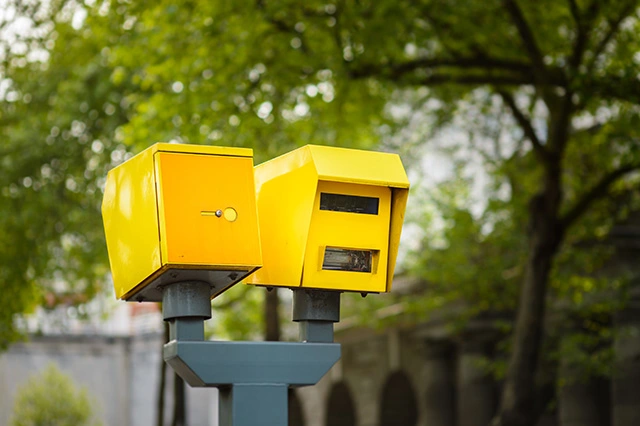The UK’s driving tuition industry is grappling with unprecedented challenges as learner drivers face extensive delays in securing practical test appointments. With over 600,000 learners currently waiting for a test slot, the backlog has reached a critical point, exacerbating financial and operational strains on driving instructors nationwide.
Mounting Backlogs and Regional Disparities
According to the Driver and Vehicle Standards Agency (DVSA), the average waiting time for a driving test has surged to 20 weeks, with some areas experiencing delays of up to six months . This is a significant increase from the pre-pandemic average of seven weeks . In regions like Berkshire, Hampshire, and Buckinghamshire, learners are particularly affected, often traveling hundreds of miles in search of available test slots.
The backlog has been attributed to several factors, including increased demand post-pandemic, a shortage of examiners, and changes in booking behaviours. The DVSA has acknowledged that the number of people taking practical driving tests plummeted during lockdowns, leading to a surge in demand once restrictions eased.
Financial Strain on Instructors and Learners
Driving instructors are facing significant financial pressures due to the delays. With learners unable to book tests promptly, instructors experience gaps in their schedules, leading to reduced income. Additionally, the cost of becoming a qualified instructor has become prohibitive. Trainee instructors often face “astronomical” expenses, including higher costs for driving instructor insurance, fees of £50 per hour for at least 40 hours of training, and a convoluted testing process with a pass rate of about 28% .
Learners, on the other hand, are incurring higher costs due to prolonged lesson durations while waiting for test availability. The average learner spends around £1,575 for 45 hours of instruction, with additional costs for theory tests, provisional licenses, and insurance .
Exploitation and Systemic Challenges
The scarcity of test slots has given rise to exploitative practices. Bots and touts are reportedly snapping up available slots and reselling them at inflated prices, further limiting access for genuine learners . This black market exacerbates the backlog and undermines the integrity of the booking system.
Moreover, the DVSA’s efforts to mitigate the backlog, such as recruiting 450 new examiners and implementing a seven-point plan, have faced criticism. Industry experts argue that while new examiners are being hired, a significant number are also leaving the profession, nullifying the impact of recruitment drives.
Proposed Solutions and Industry Outlook
To address the crisis, several measures have been proposed:
- Enhanced Examiner Recruitment and Retention: Improving pay and working conditions to attract and retain examiners.
- Reforming the Booking System: Implementing robust anti-bot technologies and stricter verification processes to prevent slot hoarding.
- Flexible Testing Options: Exploring alternative testing methods, such as remote assessments or extended testing hours, to increase capacity.
The DVSA has also extended the notice period for test cancellations from three to ten working days, aiming to reduce last-minute cancellations and better allocate available slots .
Summary
The ongoing delays in driving test availability are not only hindering learners’ progress but also threatening the viability of the driving tuition industry. Without swift and effective interventions, the backlog may continue to grow, leaving both instructors and learners in a state of uncertainty. As driving remains a crucial skill for employment and daily life, addressing these challenges is imperative for the UK’s social and economic well-being.







